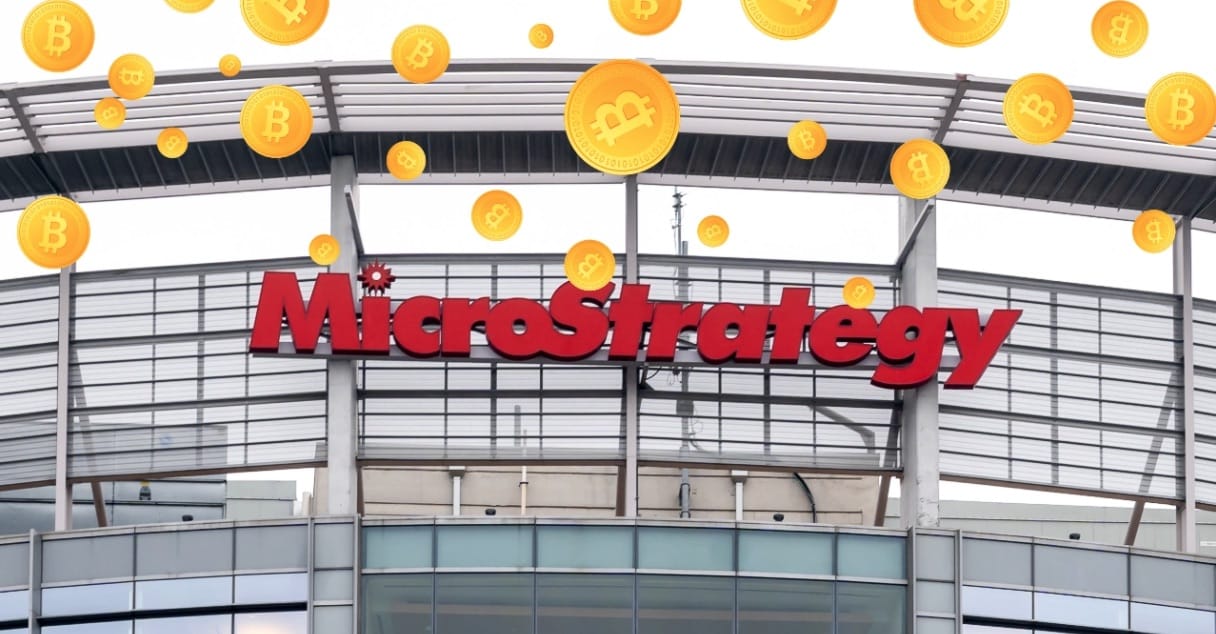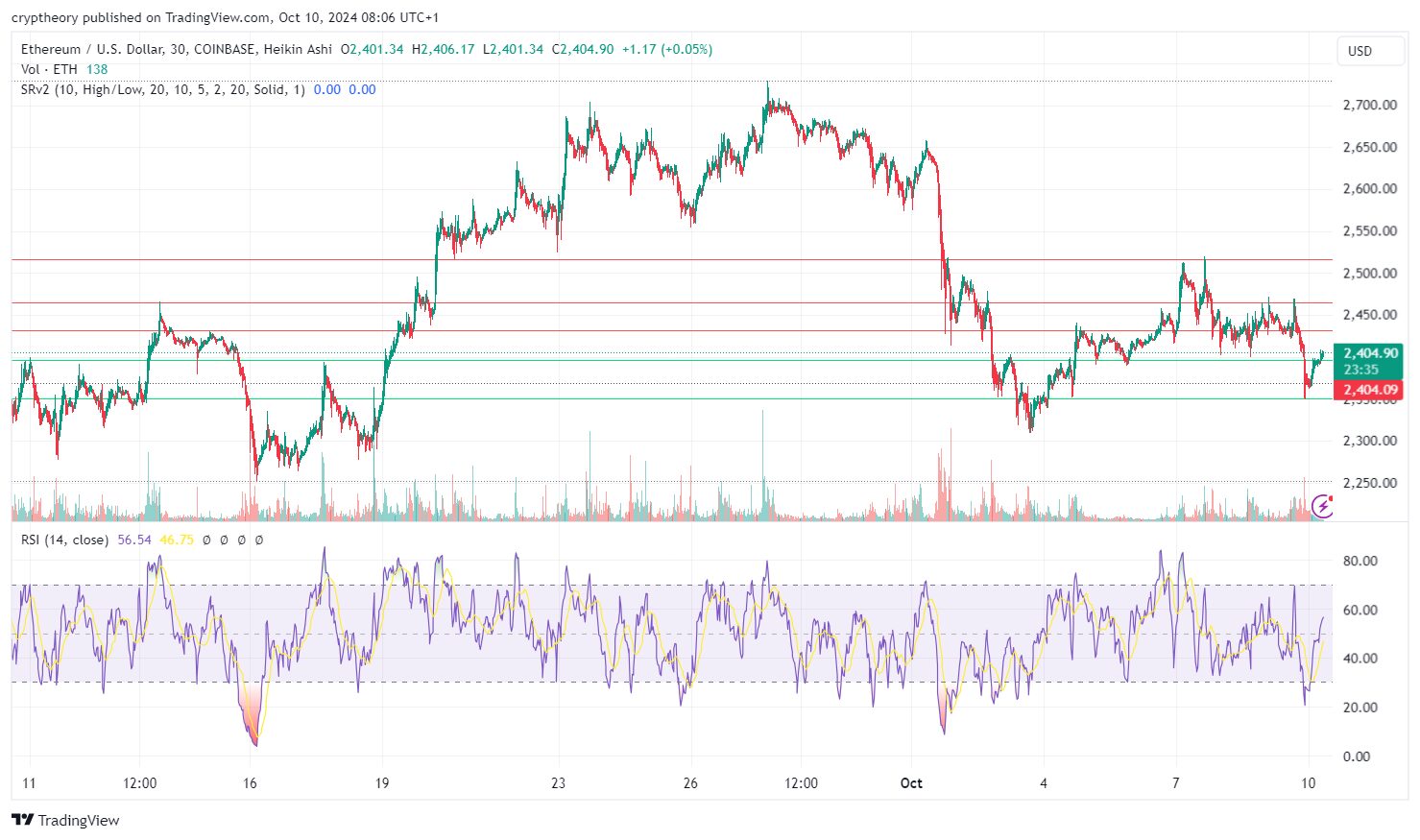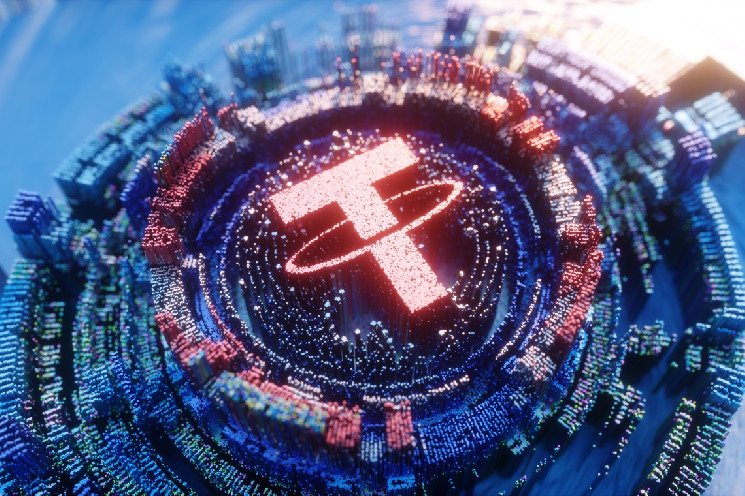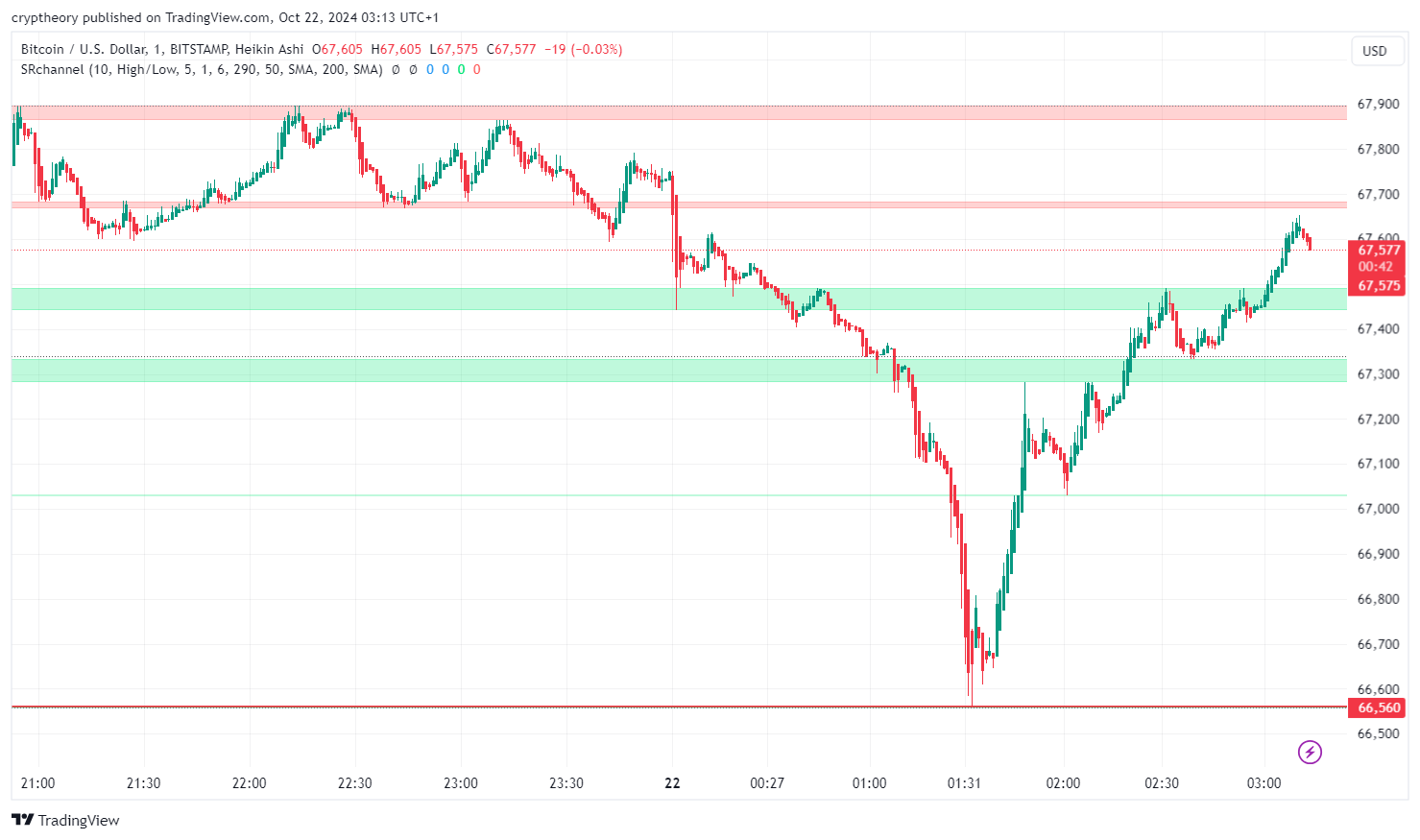The concept of the metaverse quickly became popular around the world after Facebook changed its name to Meta.
In 2021 alone, real estate sales in these virtual universes topped $500 million according to recent analysis by metaverse data provider MetaMetric Solutions.
Furthermore, the expectation is that this figure will double this year and reach US$ 1 billion. After all, in January alone, sales totaled US$ 85 million.
Race through the metaverse
Facebook unveiled a goal last October to expand its operations beyond a social network. This started a real race, especially on the part of big companies around the metaverse.
In the month after the announcement, sales of land in ecosystems that simulate the physical world increased nearly ninefold to $133 million, according to MetaMetric.
Although growth has slowed since then, the sales figure in January 2022 was 10 times higher than in January 2021.
As reported by CNBC, a report by BrandEssence Market Research projected that the real estate market in the metaverse is expected to grow at a compound annual rate of 31% per year from 2022 to 2028.
Land sales focus on four platforms: Sandbox, Decentraland, Cryptovoxels and Somnium. The Sandbox dominates the market, with 62% of land available on all four platforms.
Additionally, about 75% of all land sales in 2022 were in The Sandbox, according to a report by Republic Realm.
In December, 166,464 Sandbox lands were sold each for $12,700 in ETH. Each plot has dimensions of 96 x 96 meters. Meanwhile, 90,600 lands, measuring 16 x 16 meters, were sold on Decentraland for $14,440 in ETH each.
Business in the metaverse
As in the physical world, regions where big brands, companies or celebrities have “settled” in the metaverse tend to be more expensive.
Proof of this is that a user paid $450,000 to be rapper Snoop Dogg’s neighbor in the metaverse.
For Andrew Kiguel, CEO of Tokens.com, the real opportunity in the metaverse is commercial. He told CNBC that he is talking to accounting firms, investment banks, podcasts and mutual funds to build a presence in the metaverse.
“We’re even talking to companies about putting digital billboards in virtual conference rooms where people can meet,” he said.
According to Kiguel, Tokens.com has purchased 12 beachfront properties in Somnium that it believes will increase in value because of their scarcity and visual appeal.
Metaverse is a pyramid? Or is the problem generational?
While the excitement about the metaverse is high, there are those who believe that this concept is nothing more than a “crypto-ponzi scheme”.
That’s because terrains in the metaverses are not as scarce as terrains in the physical world. Thus, it is possible to create an unlimited number of properties in these virtual worlds.
Likewise, there are no limitations when it comes to the number of platforms that can sell these virtual lands.
“Metaverse land sales are often a pyramid scheme and have been around for more than 20 years,” said Edward Castronova, a media professor at Indiana University. “The Metaverse is ‘Eldorado’ for internet startups. They chase it into the jungle and die.”
However, as Kiguel pointed out, the problem is that there are generations that have difficulty attributing value to digital things. But the younger generation has no problem with that.
“Just like NFTs, blockchain technology allows something to be digital, irreplaceable and scarce. You can hold it, store it, display it and sell it.”
Disney: job postings provide insight into Metaverse plans





















